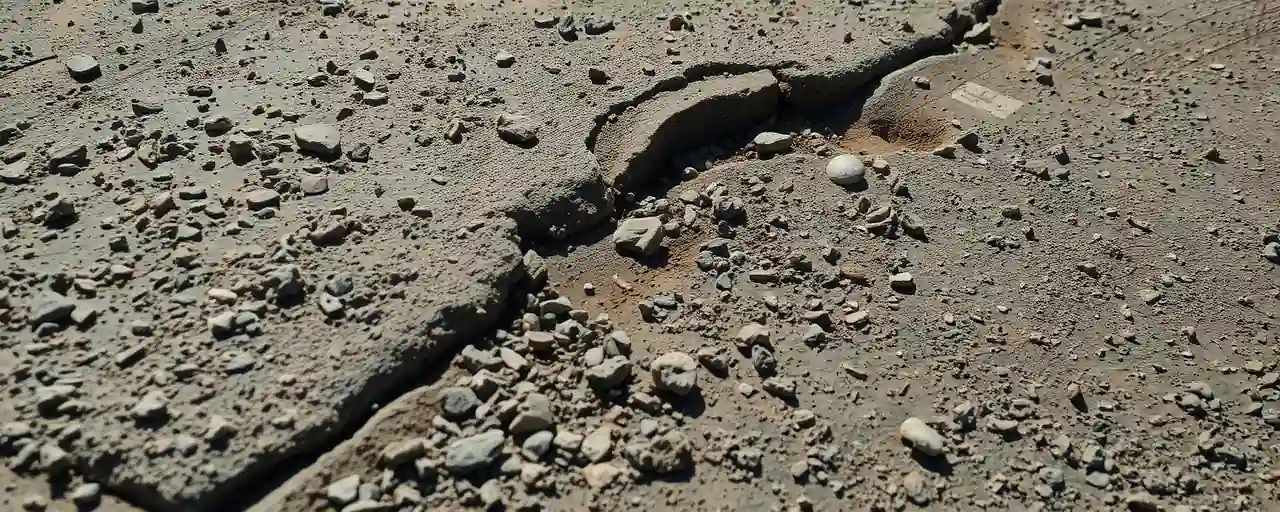A Threat to Our Way of Life
Every day, California’s highways pulse with purpose, carrying people to work, school, and home. Our airports and transit systems weave communities together. Yet, President Trump’s latest policy endangers these vital networks. By linking $15.7 billion in transportation grants and $20 billion in homeland security funds to immigration enforcement, he’s holding our state’s future hostage. This move isn’t about policy debates; it’s a reckless attack on the systems we depend on.
Attorney General Rob Bonta, joined by 20 states, has launched lawsuits to halt this overreach. These grants fund roads, buses, and counterterrorism efforts—none tied to immigration enforcement. Trump’s attempt to impose these conditions defies the Constitution, which reserves spending power for Congress. His administration’s actions feel like a sudden betrayal, ignoring the needs of millions who rely on these funds.
This isn’t leadership; it’s coercion. The President wants states to act as federal immigration enforcers, detaining people and sowing fear. Such tactics violate the law and erode the checks and balances that define our system. Bonta’s coalition is fighting to ensure our tax dollars serve their intended purpose: strengthening communities, not dividing them.
What’s at Stake for Californians
Consider the consequences if these funds disappear. Highways deteriorate, transit systems falter, and rural communities lose access to buses and ferries. California’s $5.7 billion for highways and $2 billion for transit are economic lifelines. Without them, jobs suffer, and mobility stalls. The $20 billion in homeland security grants, funding disaster response and cybersecurity, are equally critical. Losing them would leave us vulnerable to crises.
Bonta’s lawsuits assert that Trump’s conditions break the Spending Clause, which prevents the federal government from strong-arming states into unrelated policies. Supreme Court precedents, like South Dakota v. Dole, reinforce this limit on federal power. Forcing states to comply with immigration enforcement unrelated to these grants crosses a legal line, threatening the balance of federalism.
Beyond legality, this policy harms public safety. When local police are pushed into immigration roles, trust in communities erodes. Data from the 2000s showed that similar mandates reduced crime reporting in immigrant neighborhoods. Why pursue a strategy that weakens safety and fractures the social fabric? The answer lies in politics, not reason.
A Legacy of Standing Firm
California has faced such challenges before. In the 1990s, states resisted federal conditions on Byrne JAG grants tied to immigration. The 2012 NFIB v. Sebelius ruling curbed coercive Medicaid expansion tactics. These victories show that states can push back against federal overreach. Bonta’s lawsuits continue this tradition, demanding that Trump’s team cite clear statutory authority for their actions or abandon them.
DHS Secretary Kristi Noem and Transportation Secretary Sean Duffy defend these conditions, claiming they uphold national security by targeting criminal noncitizens. Yet their argument unravels quickly. Courts, through rulings like Printz v. United States, have affirmed that states can’t be compelled to enforce federal immigration law. Voluntary programs like 287(g) agreements exist to respect state autonomy, not undermine it.
Noem and Duffy’s approach also misplaces priorities. Diverting disaster relief or highway funds to immigration enforcement doesn’t protect communities; it starves them of resources. Republican-led efforts, like Tennessee’s $5.5 million enforcement bill, reveal a stubborn commitment to this flawed strategy. But no amount of funding can mask its legal and ethical failures.
Why You Should Care
Ask yourself: Can your community function without safe roads or reliable emergency systems? These grants directly support the bridges you cross and the disaster plans that protect you. Trump’s policy jeopardizes them for political leverage, risking the well-being of millions. This fight matters because it’s about the services you rely on every day.
Bonta and his coalition are defending a core principle: no President can override Congress or manipulate states into submission. This struggle builds on decades of resistance, from the New Deal’s grant programs to modern battles over state rights. California’s lawsuits carry the weight of history, demanding accountability and fairness.
Our tax dollars should build stronger communities, not fuel divisive agendas. As these lawsuits advance, they represent a stand for safety, sovereignty, and justice. We must support this effort, because the roads we travel, the security we cherish, and the values we hold dear are all on the line.
